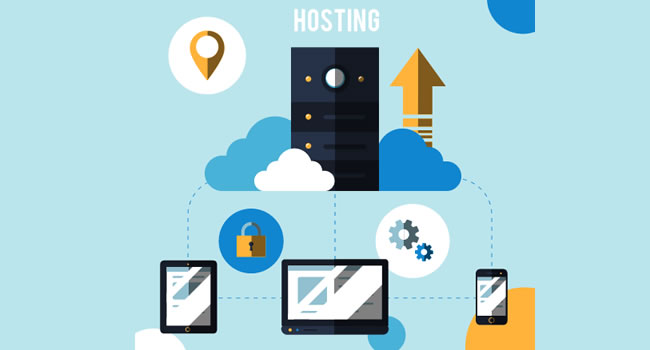Shall I pick cloud hosting or VPS hosting and will it work for me?

VPS = Virtual Private Server is a mechanism to slice a physical server into virtual chunks (thinking it as slices of the physical computing resources such as RAM and CPU time) that each run and respond as if it's a separate server.
Cloud hosting is an emerging technology that enables the pooling of large number of separate physical computers / servers / computing devices together so that they act like one, and websites or resource consumers (active processes, user applications) pull resources for computing from the pool as a whole.
Cloud hosting must be delivered from fully redundant infrastructure (in terms of the availability of computer resources). It might use virtualization, but it might use physical devices as well. VPS could be provided from different type of hosting infrastructure. It can be a standard server, it can be any kind of load balanced physical infrastructure, or it could be a cloud.
A virtual private server is a middle ground between a dedicated server and shared hosting. Using virtualization software on a server, a number of different companies can each experience the basic advantages of a dedicated server without having to undergo the expense of a complete server. Hosting via cloud computing is on-demand, meaning the amount of storage you have, bandwidth you need, and CPU you require is all changeable on a moment by moment basis.
VPS can be adjusted immediately as well, just like any hosting package. Also, VPS allows bursting, popping up into unused resources when a flood of traffic hits and the apportioned resources max out, but that capability is limited. Cloud is designed in a way that is truly optimized for scale; it's virtually unhindered.
Neither one is technically more powerful than the other, but theoretically Cloud can offer you limitless resources if you have lots of cash to burn.
Because Cloud is run over a cluster of servers, it should be more reliable than the most basic form of VPS. If your host server fails in a VPS environment than your VPS will go down with it. However quality VPS providers also offer high availability options that are capable of automatically moving your instance to a new host without interruption.
Will the clouds bring rain?
Of course, cloud computing raises concerns about security, stability, and data ownership. A recent survey found that cloud computing adoption rates have been steadily increasing since 2009; however, the same survey also revealed executives' concerns over efficiently managing disparate cloud services.
Let's also not forget that cloud services are subject to outages that are beyond a business' control. In 2010, Intuit's site went down for two days, leaving its SMB customers unable to access their data in Intuit's online offerings including Quicken, QuickBooks and TurboTax. Such downtime stories serve as a sobering reminder that trusting your data and technology services to an off-site third-party places you at the mercy of that third-party's uptime reliability.
As a concept the cloud hosting looks promising, but the reality is, of course, a mixed bag. What you gain in avoiding upkeep, you lose in control. And the security concerns are considerable. But nowhere is the nightmare as vivid as it is when your cloud service goes down. Read here and see what we can learn from the 10 worst cloud outages in recent years.
So – who wins VPS vs. cloud hosting? It depends on what you require and what you are looking for.
If you are looking for the best overall deal on web hosting and are limited to just VPS and cloud hosting, then VPS is better at the cheaper end and cloud hosting is better at the Pro tier.
But honestly, if the setup is right, both can provide really impressive high availability service.





